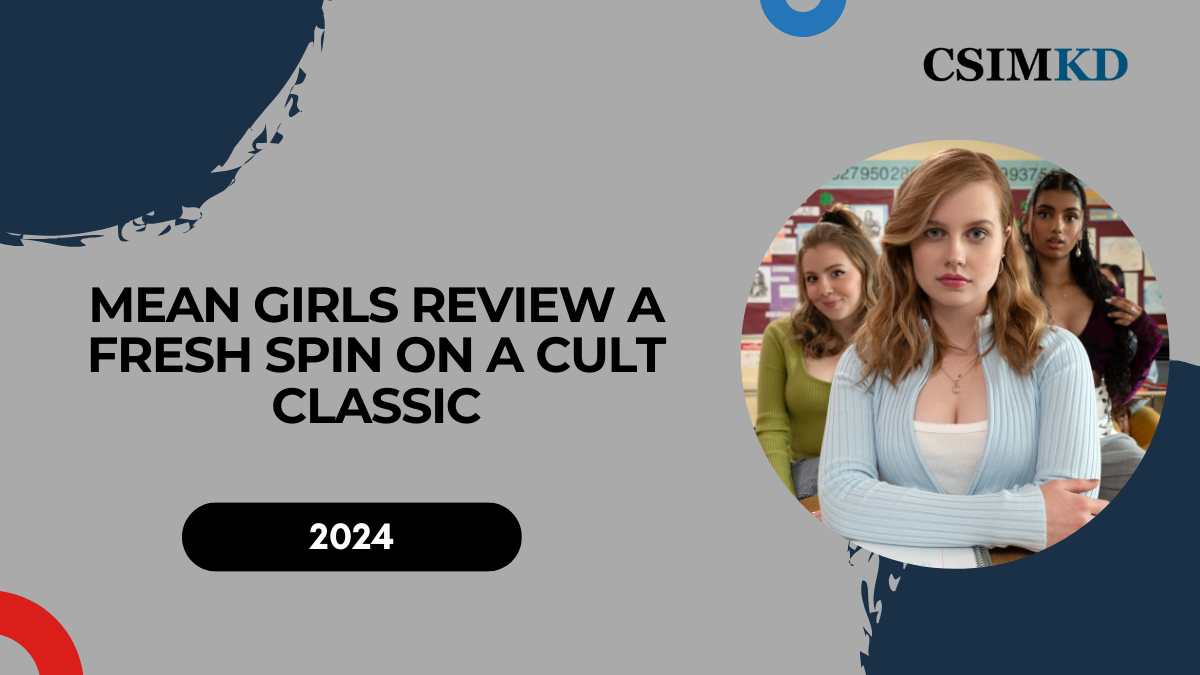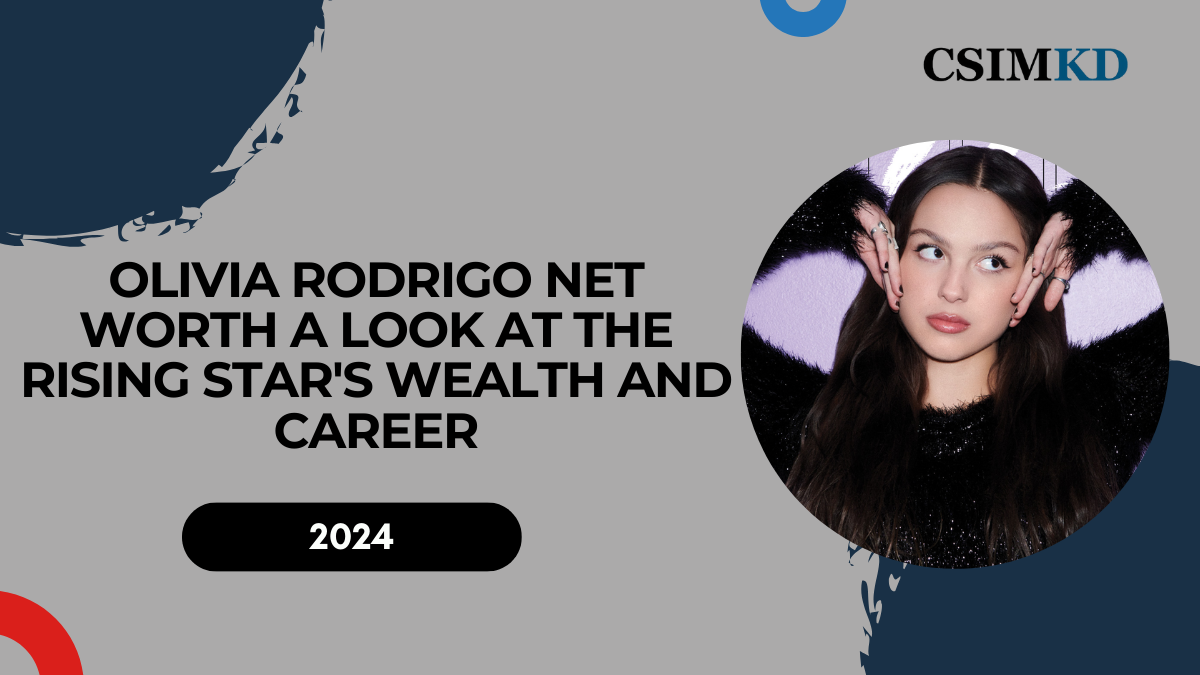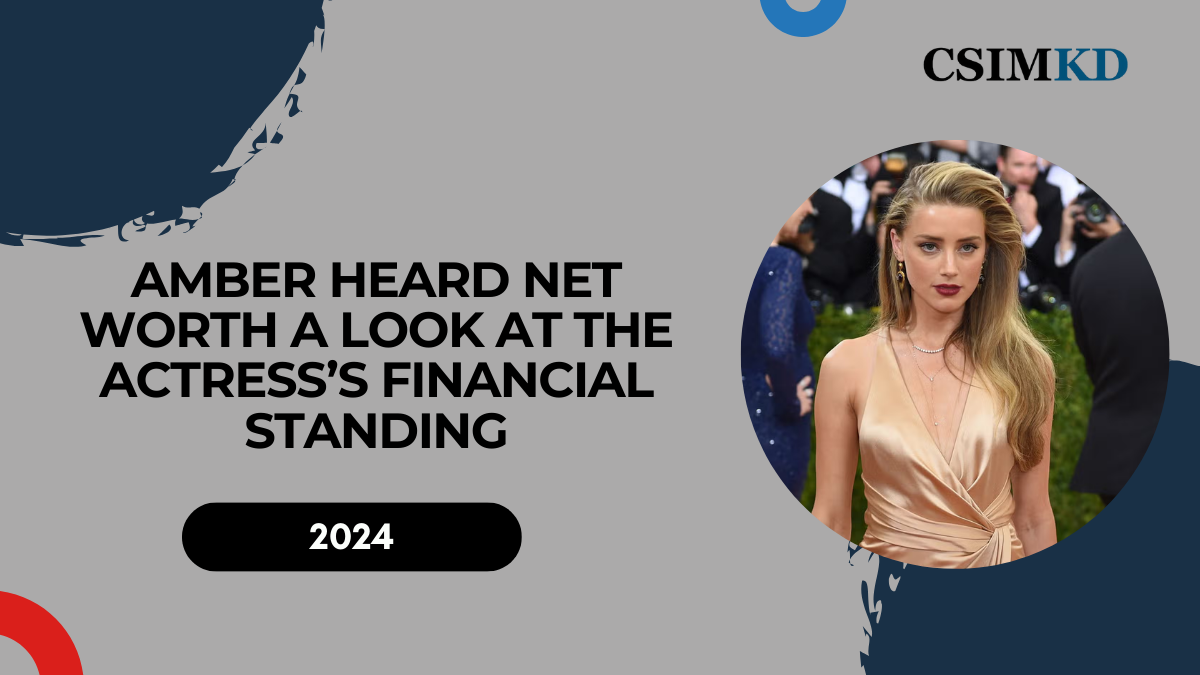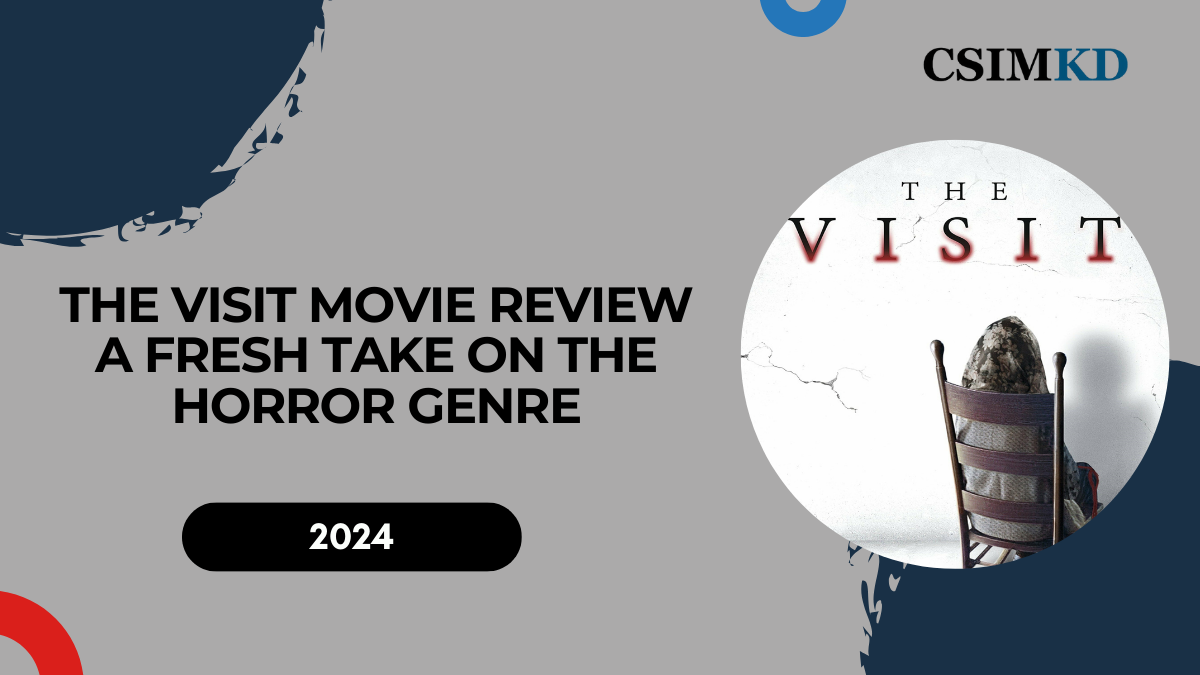The adaptation of Mean Girls has arrived, delivering both nods to the original film and fresh perspectives for a new generation. Fans of the 2004 film have eagerly anticipated this latest take, curious to see how the iconic story of high school cliques, rivalry, and self-discovery translates in today’s social landscape.
Directed by Mean Girls creator Tina Fey and featuring a mix of familiar and new faces, Mean Girls aims to balance nostalgia with a modern twist. Here’s an in-depth look at what works, what doesn’t, and how it compares to the beloved original.

Introduction to Mean Girls
The original Mean Girls left an indelible mark on pop culture, launching catchphrases like “You can’t sit with us” and “On Wednesdays, we wear pink” into the cultural lexicon. Fast forward twenty years and Mean Girls has not only endured as a fan favourite but also as a pointed commentary on high school dynamics and the challenges of fitting in. The new adaptation reinvigorates the story by updating the social and technological landscape while holding to the core themes of the original: the power struggles of teenage life and the quest for authenticity.
A Fresh Cast Brings New Energy
One of the most discussed elements of Mean Girls is its cast. Though fans might miss the star power of the original lineup, which included Lindsay Lohan, Rachel McAdams, and Amanda Seyfried, the new actors bring a refreshing twist to the classic characters. Aislinn Paul steps into the role of Cady Heron, the once-innocent outsider who learns the darker side of popularity. Her portrayal gives Cady a nuanced, slightly edgier vibe that reflects Gen Z sensibilities.
In addition, Reneé Rapp takes on the role of Regina George, originally portrayed by Rachel McAdams. Known for her work in Broadway’s Mean Girls musical, Rapp’s Regina is equally intimidating and manipulative, yet surprisingly more vulnerable. Rapp captures the complex emotional depth that can accompany the “mean girl” persona, exploring the motivations behind Regina’s ruthlessness in ways that audiences in may find relatable.
The supporting characters also get a slight revamp. Janice, played by avant-garde actress Angourie Rice, carries a sharper edge, fitting with the modern “alt” aesthetic while still delivering her biting critiques. The other Plastics—Karen and Gretchen—are now depicted with more agency and backstory, making them feel less like Regina’s mindless followers and more like complex characters in their own right.
Themes Updated for the Social Media Age
Mean Girls updates the story by incorporating the influence of social media on high school life. In the age of Instagram and TikTok, popularity is not confined to the lunchroom but broadcast to a worldwide audience. The film tackles this aspect by showing how social media intensifies the stakes for the characters, as Cady’s journey isn’t just about fitting in at school but also about her online persona. This shift adds another layer to the story, revealing how modern teens are under pressure to carefully curate their lives for others to see.
The movie also tackles themes of mental health and self-identity, which are particularly relevant to today’s youth. While the original Mean Girls hinted at these themes, Mean Girls leans in more heavily, highlighting the struggles of young people to navigate social expectations, peer pressure, and personal insecurities.
Nostalgia and Newness: Balancing Both
Fans of the original movie will appreciate the nods to iconic scenes and lines, which are cleverly woven into the narrative. The film doesn’t rely too heavily on these callbacks, which could have felt forced. Instead, it incorporates them with a sense of playfulness and respect, paying homage while carving out its own identity. For instance, the “Burn Book” makes a comeback, but this time it’s a digital version, more fitting for the social media generation. This balance of nostalgia and innovation is one of the film’s strongest aspects.
Critiques and Missed Opportunities
Despite its strengths, Mean Girls does face some criticisms. Some fans of the original film feel that the new adaptation’s attempts to modernize and deepen the story occasionally detract from the humour and wit that made the original so enjoyable. The heavier emphasis on themes like mental health and social media’s impact, while well-intentioned, can at times feel like they overshadow the humour. Additionally, some moments feel a bit too polished, lacking the gritty authenticity that gave the original movie its charm.
Conclusion: A Welcome Reboot for a New Generation
Overall, Mean Girls succeeds in updating a classic story for today’s audience, capturing the timeless essence of high school rivalry and self-discovery while adding fresh elements. Though it may not fully capture the raw, comedic edge of the original, it brings valuable insights into the lives of today’s teens and their digital worlds.
With strong performances, relevant themes, and clever nods to the 2004 classic, Mean Girls is both a tribute and a new chapter, inviting a new generation to explore the perils and triumphs of teenage life. Whether you’re a die-hard fan of the original or a newcomer to the world of Mean Girls, this adaptation has something to offer.
Click here to know more.












